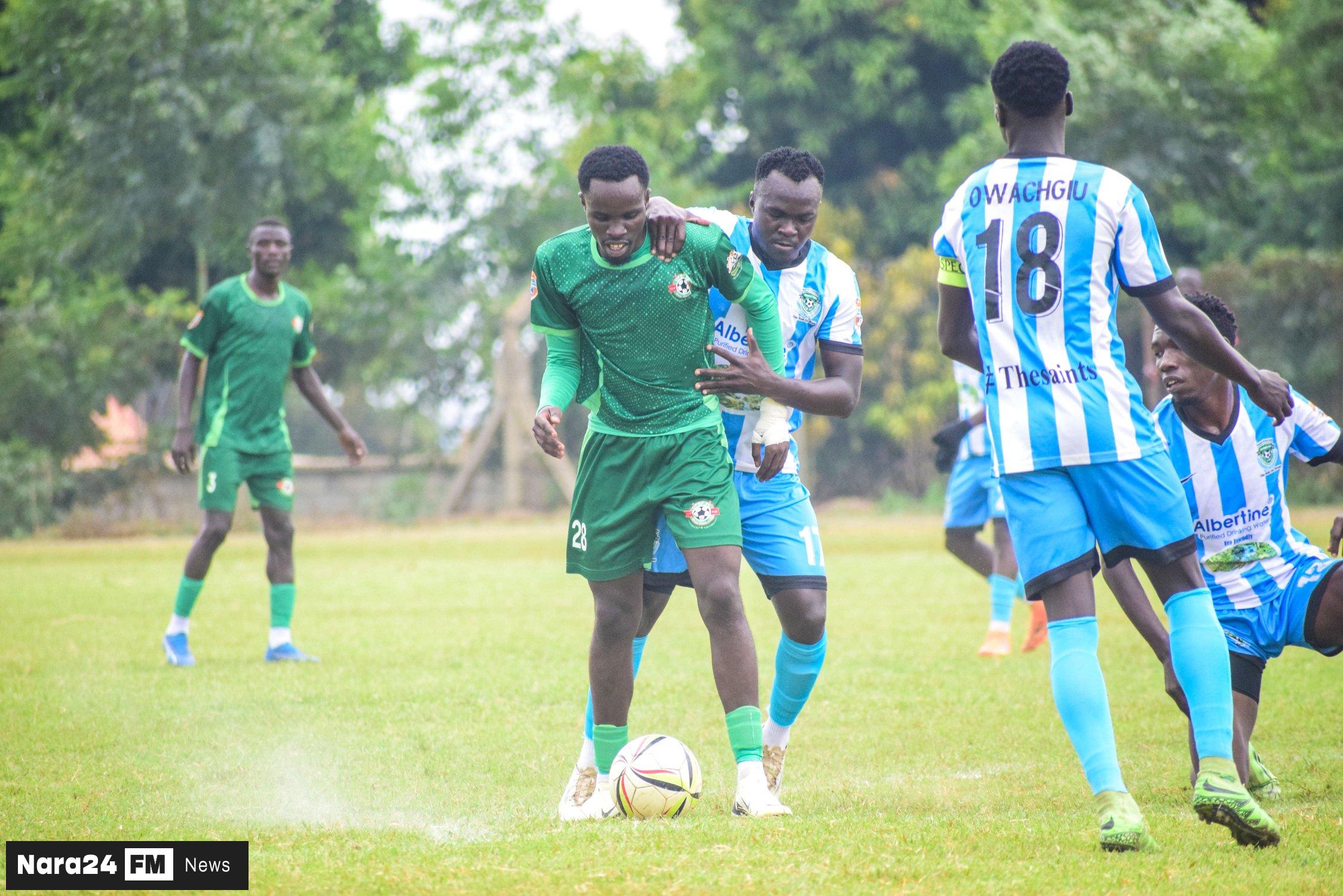The Ashes cricket series is often hailed as the most iconic rivalry in the sport, and for good reason. Playing in Australia, however, is far from a walk in the park. As England cricketer Steven Finn reflects, the challenges are manifold, from the intense scrutiny to the grueling conditions, and the mental and physical demands of the tour. His experiences, both as a winner and a participant in less successful campaigns, provide a unique insight into what it takes to thrive in this high-stakes environment. The Pressure of the Ashes "Touring Australia is like no other experience in international cricket," Finn explains. "The entire country is against you. It's not just about facing the Australian cricket team; it's about facing the nation as a whole." The pressure is palpable, even before the team boards the plane. Months, sometimes years in advance, anticipation builds not only among fans but within the dressing room itself. For players, this series offers a unique opportunity for glory, but with it comes the risk of failure on a grand stage. Finn recounts his first Ashes tour in 2010, where he was 21 years old and relatively unaware of the challenges ahead. "The naivety worked in my favor. I was so excited to be part of something so monumental that I couldn't help but enjoy the experience. I kept a diary throughout the tour, and the entry before the first Test was about how I couldn't sleep, imagining the best day of my life the next day. That mindset became something I tried to maintain throughout my career." #### Emotional Contrasts The Ashes series can be a rollercoaster of emotions. Finn vividly remembers the jubilation after winning the 2010-11 series in Sydney, where the team celebrated late into the night in their dressing room, surrounded by cigar smoke and music. In stark contrast, three years later, following the 2013-14 series, the same dressing room was eerily silent, with somber reflections after Australia dominated the matches. "The mood swings are part of the Ashes," Finn says. "The highs are incredible, but the lows can be devastating. It’s a series that demands everything you’ve got, both mentally and physically." #### Preparing for the Challenge For modern players, the key is finding balance. Finn highlights the importance of mental insulation from the constant pressure. "Players often retreat to activities like golf to detach from the whirlwind of Ashes coverage. It’s not just about avoiding phones and media; it’s about embracing the off-field aspects of Australia to gain perspective." Finn himself struggled with this balance during the 2013 tour. "I pushed myself to the physical limit, thinking harder practice would yield better results. In hindsight, that approach was misguided. I left the tour mentally exhausted and deemed unselectable. Balance is crucial. You need to immerse yourself in the environment, not just the cricket." #### The Arrival Experience The journey to Australia itself is a story in itself. Finn describes the unique customs checks, where officials scrutinize everything, from players' cricket spikes to seemingly innocuous items like a Terry’s Chocolate Orange. "You have to unpack your bag on your hands and knees, digging for your clean bowling spikes. It’s a ritual that sets the tone for the tour." Upon arrival, the media is relentless. "You’re greeted by crews asking if you’re prepared for a thrashing for three months. Smiling and offering humor can soften the perception. But sometimes, you just need to ignore the cameras and focus on getting some rest after a 24-hour flight. No one wants to engage in that scenario right away." #### Earning Respect on and Off the Field Above all, respect from the Australian public is earned through performance. Finn recalls a pivotal moment in the first Test of 2010, where England faced a daunting 211-run deficit. "The stadium was buzzing with anticipation for an Australian victory. But Alastair Cook, Andrew Strauss, and Jonathan Trott turned things around, amassing 517-1 in our second innings. The Test was drawn, but it felt like a win. We had earned some respect." Finn notes that adapting to the conditions is as important as planning. "David Saker, our bowling coach in 2010, was convinced that bowling first would give us the edge. It paid off when we bowled Australia out for 98 and won by an innings. Being bold with your decisions can make a significant difference." The Role of Luck Finally, Finn acknowledges the role of luck in Ashes success. "In 2010, Australia didn’t have a set spinner, and questions surrounded Ricky Ponting’s form. They also fielded a larger squad, which could be a double-edged sword. Catching Australia in a period of transition can be critical. This time, injuries to Pat Cummins and Josh Hazlewood have given England an opportunity, but it’s not something you can rely on." Conclusion The Ashes is more than just cricket; it’s a test of resilience, adaptability, and character. For England players, the journey to Australia is a journey of extremes—of pressure, performance, and personal growth. As Steven Finn reflects, success in the Ashes is not just about playing well; it’s about managing the many facets of the tour with balance, insight, and a touch of humor.
Image caption: 5 Live’s Rick Edwards and Rachel Burden sledged by Finn, Hartley and others.
Finn’s experiences offer a glimpse into the complexity of touring Australia, highlighting the importance of preparation, adaptability, and maintaining a clear head. As England prepares for the next Ashes series, his insights serve as a valuable reminder of the challenges and rewards that await them.








Comments (0)
Leave a Comment
Be the first to comment on this article!